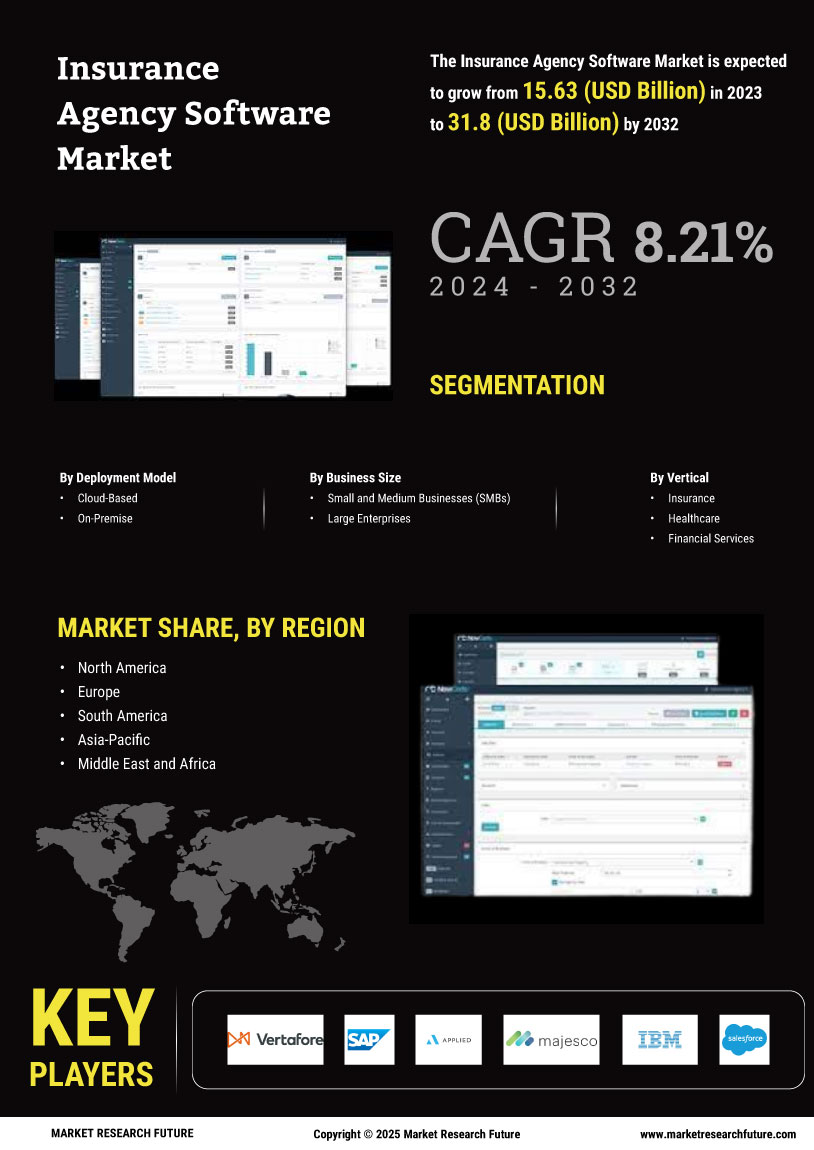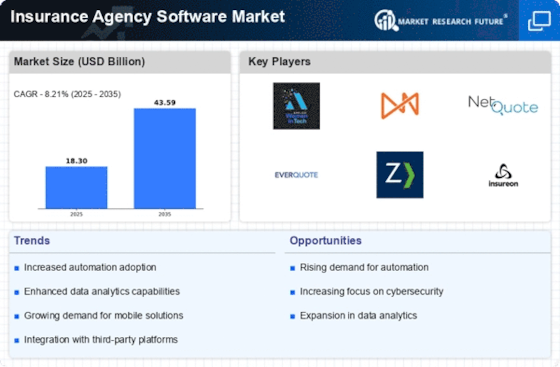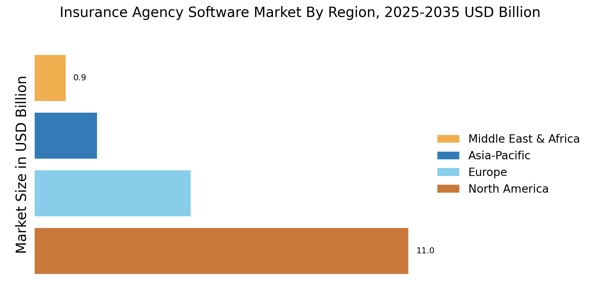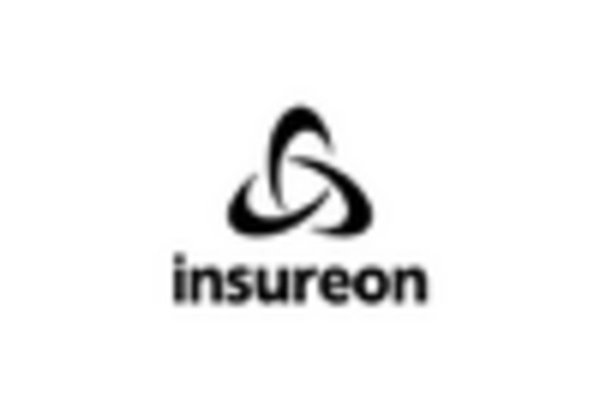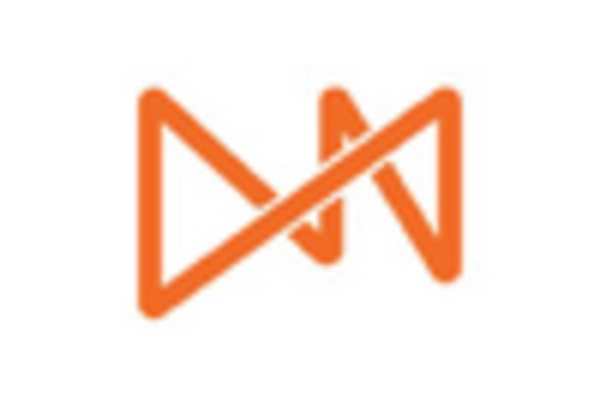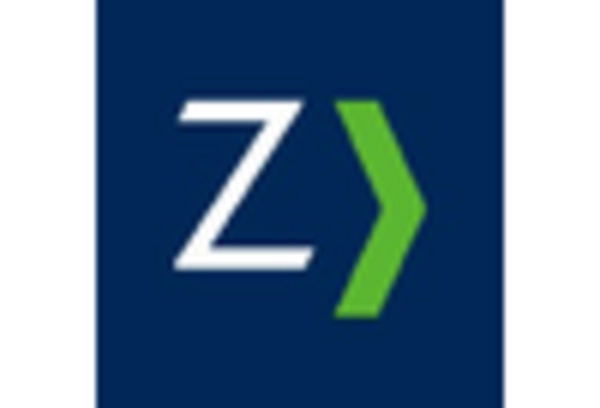Rising Customer Expectations
The Insurance Agency Software Market is significantly influenced by rising customer expectations. As consumers become more tech-savvy, they demand seamless and personalized experiences from their insurance providers. This shift is prompting agencies to invest in software that enhances customer engagement and service delivery. Data suggests that agencies utilizing advanced software solutions report a 30% increase in customer satisfaction rates. Consequently, the need for software that can facilitate real-time communication, personalized offerings, and efficient claims processing is becoming paramount. This evolving landscape is driving innovation within the Insurance Agency Software Market, as agencies seek to meet and exceed customer expectations.
Increased Demand for Automation
The Insurance Agency Software Market is experiencing a notable surge in demand for automation solutions. As agencies strive to enhance operational efficiency, the integration of automated processes is becoming essential. Automation minimizes manual tasks, reduces errors, and accelerates service delivery. According to recent data, approximately 60% of insurance agencies are adopting automation tools to streamline their workflows. This trend is likely to continue, as agencies recognize the potential for increased productivity and improved customer satisfaction. The growing emphasis on automation is reshaping the landscape of the Insurance Agency Software Market, driving innovation and investment in advanced software solutions.
Integration of Advanced Analytics
The integration of advanced analytics is emerging as a pivotal driver in the Insurance Agency Software Market. Agencies are increasingly leveraging data analytics to gain insights into customer behavior, risk assessment, and market trends. This analytical approach enables agencies to make informed decisions, optimize pricing strategies, and enhance overall service offerings. Recent findings indicate that agencies utilizing analytics-driven software experience a 25% improvement in operational efficiency. As the demand for data-driven decision-making continues to rise, the Insurance Agency Software Market is likely to witness a surge in the development and adoption of analytics-integrated solutions.
Regulatory Compliance Requirements
Regulatory compliance remains a critical driver within the Insurance Agency Software Market. Agencies are increasingly required to adhere to complex regulations, which necessitates robust software solutions to manage compliance effectively. The implementation of software that ensures adherence to legal standards not only mitigates risks but also enhances operational credibility. Recent statistics indicate that over 70% of agencies prioritize compliance features when selecting software. This focus on regulatory compliance is propelling the development of specialized software solutions tailored to meet the evolving demands of the industry, thereby influencing the overall growth trajectory of the Insurance Agency Software Market.
Growth of Digital Transformation Initiatives
The ongoing growth of digital transformation initiatives is a significant catalyst for the Insurance Agency Software Market. Agencies are increasingly recognizing the necessity of adopting digital tools to remain competitive in a rapidly evolving market. This transformation encompasses the implementation of cloud-based solutions, mobile applications, and customer relationship management systems. Data indicates that nearly 50% of agencies are currently undergoing digital transformation efforts, which are expected to accelerate in the coming years. This shift not only enhances operational efficiency but also positions agencies to better serve their clients, thereby driving the overall growth of the Insurance Agency Software Market.
